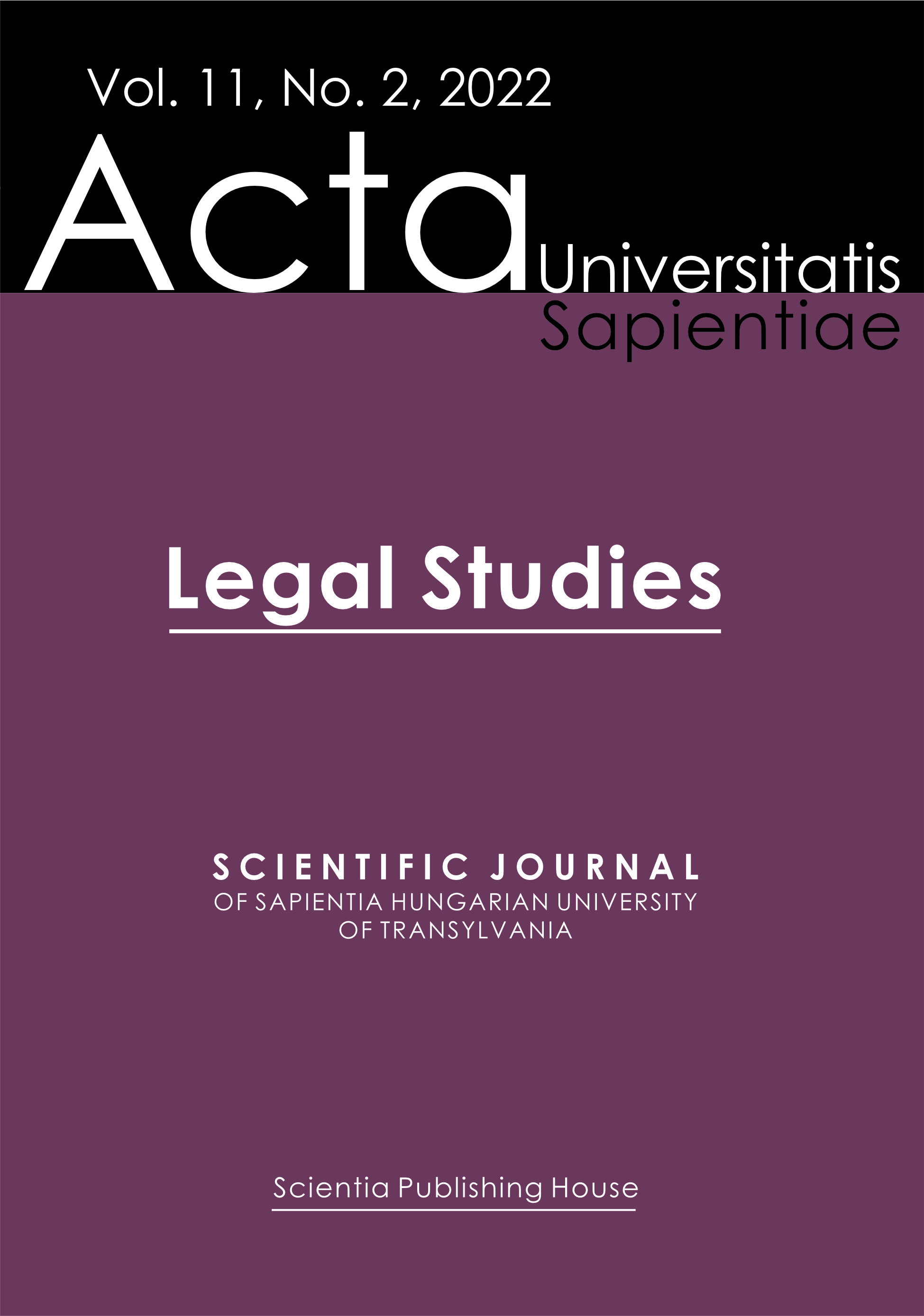The ‘Fertile Source’ of Hungarian Constitutional Law: Thoughts on the 800-Year-Old Golden Bull
The ‘Fertile Source’ of Hungarian Constitutional Law: Thoughts on the 800-Year-Old Golden Bull
Author(s): Zoltán József FazakasSubject(s): History of Law
Published by: Scientia Kiadó
Keywords: Golden Bull; historical constitution; Fundamental Law; Hungarian constitutional law; monarchy;
Summary/Abstract: In the year 2022, Hungary had the opportunity for a double celebration on the occasion of the tenth anniversary of the entry into force of the Fundamental Law and the eight hundredth anniversary of the Golden Bull issued by Andrew II. Eight hundred years ago, the Golden Bull, as one of the roots of the Hungarian historical constitution, formulated answers to certain questions of constitutional importance, which later proved to be suitable for the interpretation of power in Hungary as bound by law. In the context of constitutional law, the Golden Bull was one of the most important fundamental bills of noble liberties. The revolution of 1848, which laid the foundations of the modern constitutional state, was based precisely on the extension of these noble liberties, and thus some of their theses were also applied later. Because of the social change of the 19th century, which was partly inspired by it, the Golden Bull was a cardinal law, the basis of the modern Hungarian rule of law, which was valid as part of the historical constitution. Today, through the provisions of the Fundamental Law that name the historical constitution, it is not only ahistorical monument but the root of living law, and thus it retains its critical and interpretative significance. For these reasons, the present study outlines the relationship between the current Fundamental Law and the historical Hungarian constitution, cited in several provisions of the Fundamental Law, and then analyses the place of the Golden Bull as a cardinal law, the constitutional context of its origins in the Hungarian unwritten constitution, and its direct relationship with the constitutional revolution of 1848. The next part of the study explores the roots of those constitutional institutions that are still in force today, which can be derived directly or indirectly from the Golden Bull, thus paying homage to the eight-hundred-year-old source of constitutional law of the more than one-thousand-year-old Hungarian statehood, as well as to the current Fundamental Law and its promulgator, King Andrew II, who is often misunderstood by the public.
Journal: Acta Universitatis Sapientiae, Legal Studies
- Issue Year: 11/2022
- Issue No: 2
- Page Range: 125-138
- Page Count: 14
- Language: English

